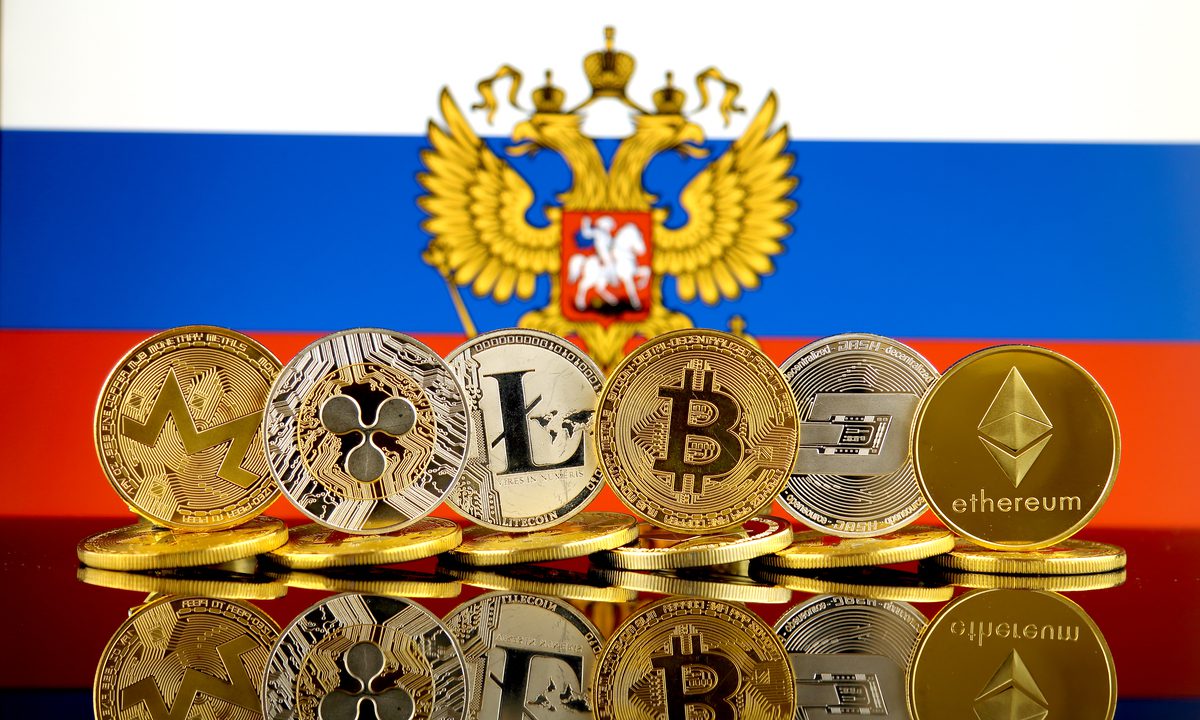Russia Proposes Traditional Exchanges for Digital Asset Trading
16.07.2024 20:00 1 min. read Alexander Stefanov
Russia’s Ministry of Finance is proposing a new regulatory approach that could allow established financial exchanges to manage digital asset trading for a limited group of investors, as reported by Interfax on July 10.
Under this proposal, special regulations would be crafted to oversee the trading of digital currencies, recognizing them as commodities. This would involve granting licenses to exchanges or trading systems specifically tailored for this purpose. Initially, access would be restricted to a select category of “highly qualified” investors, with the exact criteria yet to be defined.
Presently, Russia’s Central Bank has already licensed seven entities, including Moscow Exchange and St. Petersburg Exchange, capable of handling such transactions.
Anatoly Aksakov, Chairman of the State Duma Committee on Financial Markets, noted these exchanges are prepared to integrate digital asset trading once the regulatory framework is established.
Furthermore, the government’s draft response also outlines plans for an experimental legal framework to regulate crypto mining and settlements. It proposes formal recognition for digital currencies and explores their potential use in foreign exchange transactions, including payments for international trade agreements.
Prime Minister Mikhail Mishustin has directed efforts toward developing an international crypto payment mechanism by 2022, which could lay the groundwork for future central bank digital currencies (CBDCs) and the legalization of stablecoin usage in global transactions.
-
1
Trump Imposes 50% Tariff on Brazil: Political Tensions and Censorship at the Center
10.07.2025 7:00 2 min. read -
2
Key Crypto Events to Watch in the Next Months
20.07.2025 22:00 2 min. read -
3
USA Imposes Tariffs on Multiple Countries: How the Crypto Market Could React
08.07.2025 8:30 2 min. read -
4
UAE Regulators Dismiss Toncoin Residency Rumors
07.07.2025 11:12 2 min. read -
5
Ripple Selects BNY Mellon as Custodian for RLUSD Stablecoin Reserves
09.07.2025 15:28 2 min. read
Two Upcoming Decisions Could Shake Crypto Markets This Week
The final days of July could bring critical developments that reshape investor sentiment and influence the next leg of the crypto market’s trend.
Winklevoss Slams JPMorgan for Blocking Gemini’s Banking Access
Tyler Winklevoss, co-founder of crypto exchange Gemini, has accused JPMorgan of retaliating against the platform by freezing its effort to restore banking services.
Robert Kiyosaki Warns: ETFs Aren’t The Real Thing
Renowned author and financial educator Robert Kiyosaki has issued a word of caution to everyday investors relying too heavily on exchange-traded funds (ETFs).
Bitwise CIO: The Four-Year Crypto Cycle is Breaking Down
The classic four-year crypto market cycle—long driven by Bitcoin halvings and boom-bust investor behavior—is losing relevance, according to Bitwise CIO Matt Hougan.
-
1
Trump Imposes 50% Tariff on Brazil: Political Tensions and Censorship at the Center
10.07.2025 7:00 2 min. read -
2
Key Crypto Events to Watch in the Next Months
20.07.2025 22:00 2 min. read -
3
USA Imposes Tariffs on Multiple Countries: How the Crypto Market Could React
08.07.2025 8:30 2 min. read -
4
UAE Regulators Dismiss Toncoin Residency Rumors
07.07.2025 11:12 2 min. read -
5
Ripple Selects BNY Mellon as Custodian for RLUSD Stablecoin Reserves
09.07.2025 15:28 2 min. read


